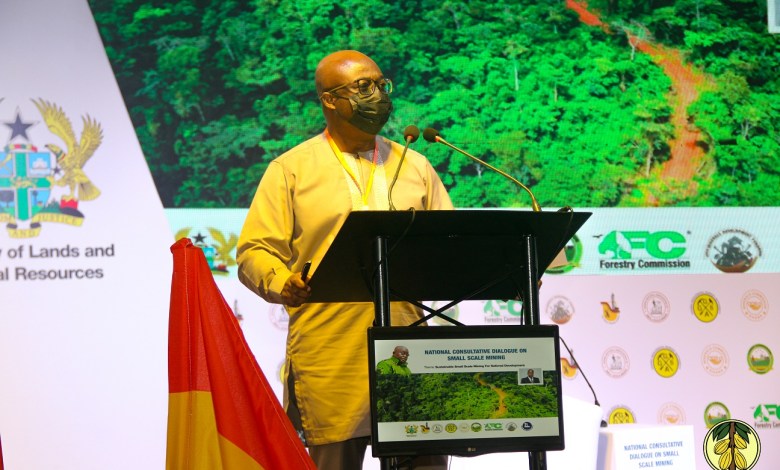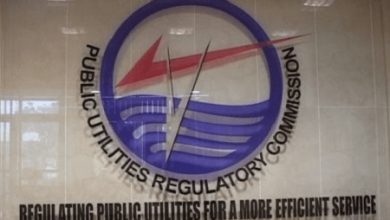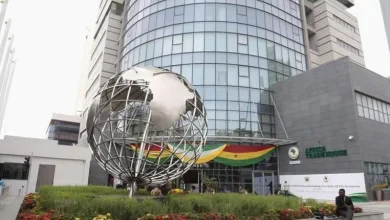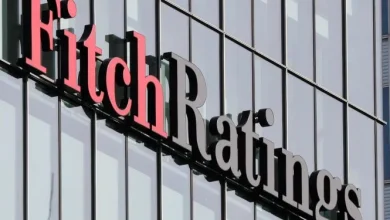COCOBOD woos farmers with GHC3.6 million compensation

The Ghana Cocoa Board (COCOBOD) is proposing a GHC3,630,000 compensation to cocoa farmers who have lost their lands to illegal miners.
This proposal was presented by COCOBOD to stakeholders at the just ended National Consultative Dialogue on Small Scale Mining organised by the Ministry for Lands and Natural Resources in Accra.
Presenting the policy document on COCOBOD’s position on the fight against illegal mining, the Deputy Chief Executive in Charge of Agronomy and Quality Control, Dr Emmanuel Agyemang Dwomoh, disclosed that cocoa generates more than US$2.2 billion annually in foreign earnings to Ghana.
He said cocoa is the mainstay of the Ghanaian economy; hence the board would not renege on its efforts to sustain the cocoa sector by influencing government policies aimed at deterring illegal miners and their collaborators from persisting in their trade.
Dr Dwomoh emphasised that mining has had disastrous effects on our environment resulting in crop loss, reduction in farmers’ incomes, the contamination of water bodies and threats to wildlife.
Farm rehabilitation
He said an amount of US$200 million had been invested by COCOBOD for farm rehabilitation, irrigation, fertilizer subsidies, public sensitisation and education to facilitate sustainable production.
“COCOBOD is paying GH¢11,892 per acre of each rehabilitated farm and urged Government to safeguard these investments to avoid losing them to illegal mining with its adverse effects on the environment and livelihood of farmers,” he said.
Dr Dwomoh said that a legislative framework that focuses on processing should be developed, as an approach towards sustainable land and water management system in cocoa-growing areas where illegal mining is rife.
“Where mining is inevitable, an amount of GH¢3,630,000.00 being projected revenue per hectare should be paid as compensation to the farmer whose farm has been destroyed”, he emphasised.
He said there is the need for COCOBOD and the Lands and Minerals Commission to collaborate, streamline and tighten sanctions against illegal miners in cocoa-growing regions.
“There should be no issuance of licenses or leases for mining in cocoa farmlands until a public forum is organized in prospected communities”, he stressed.










